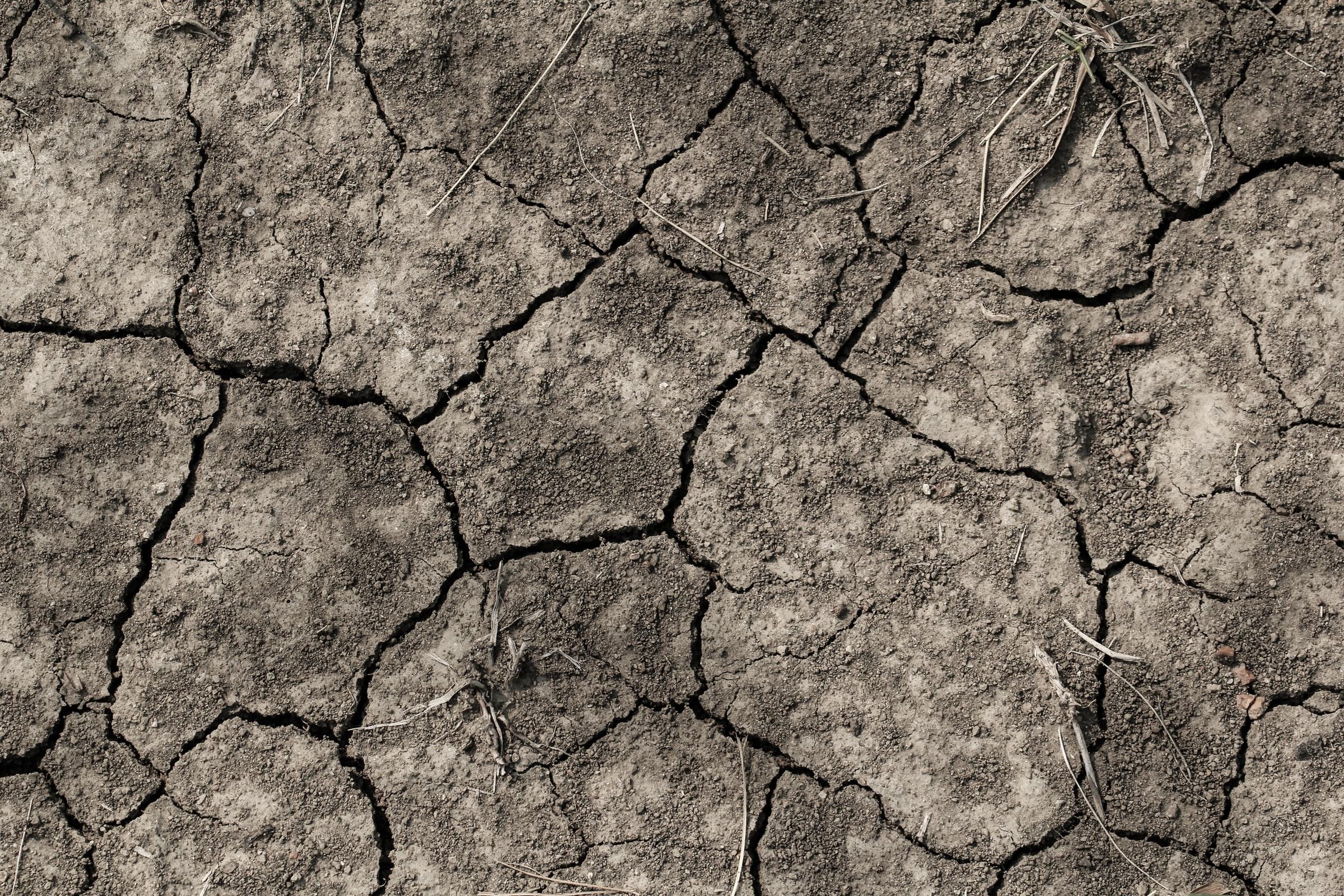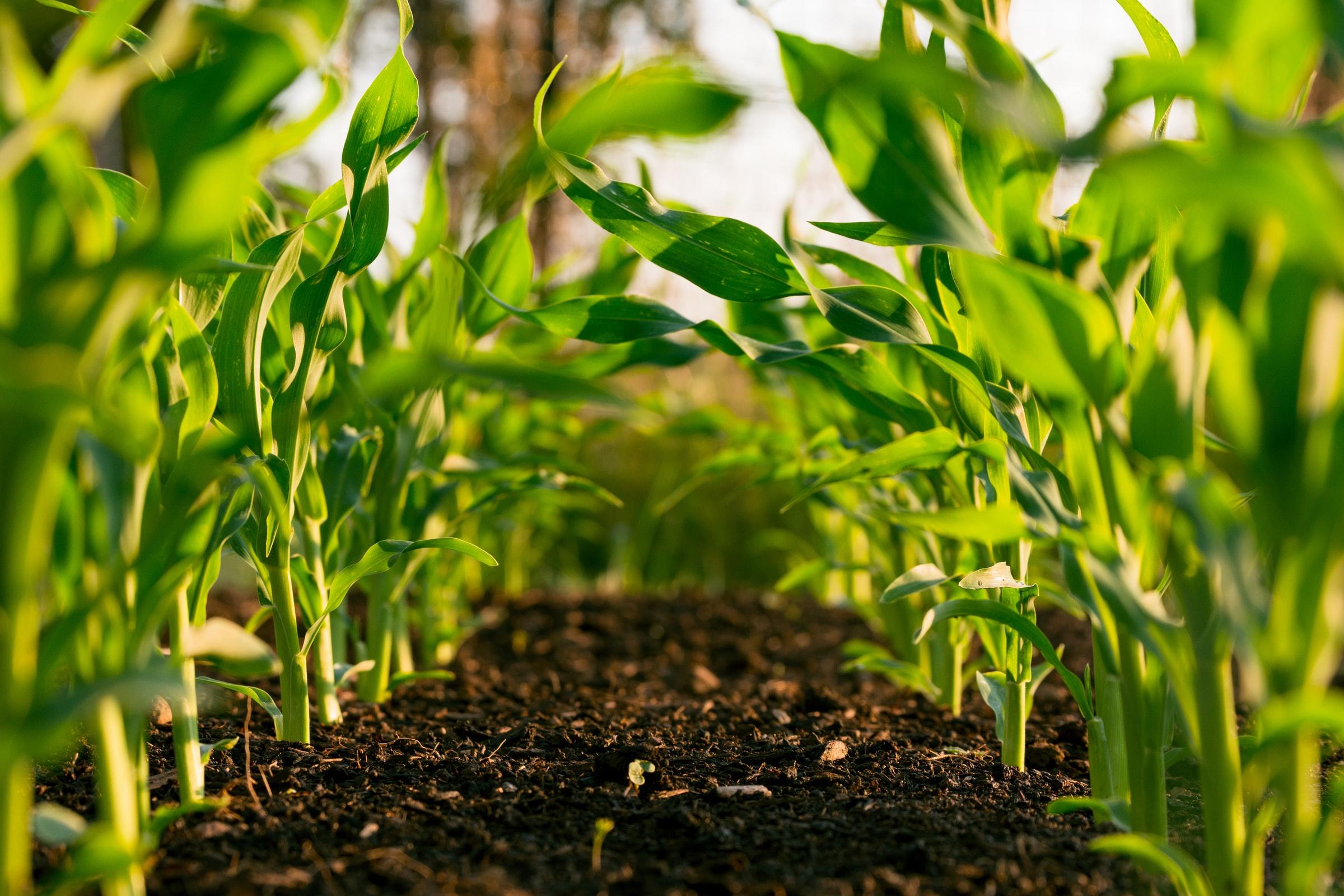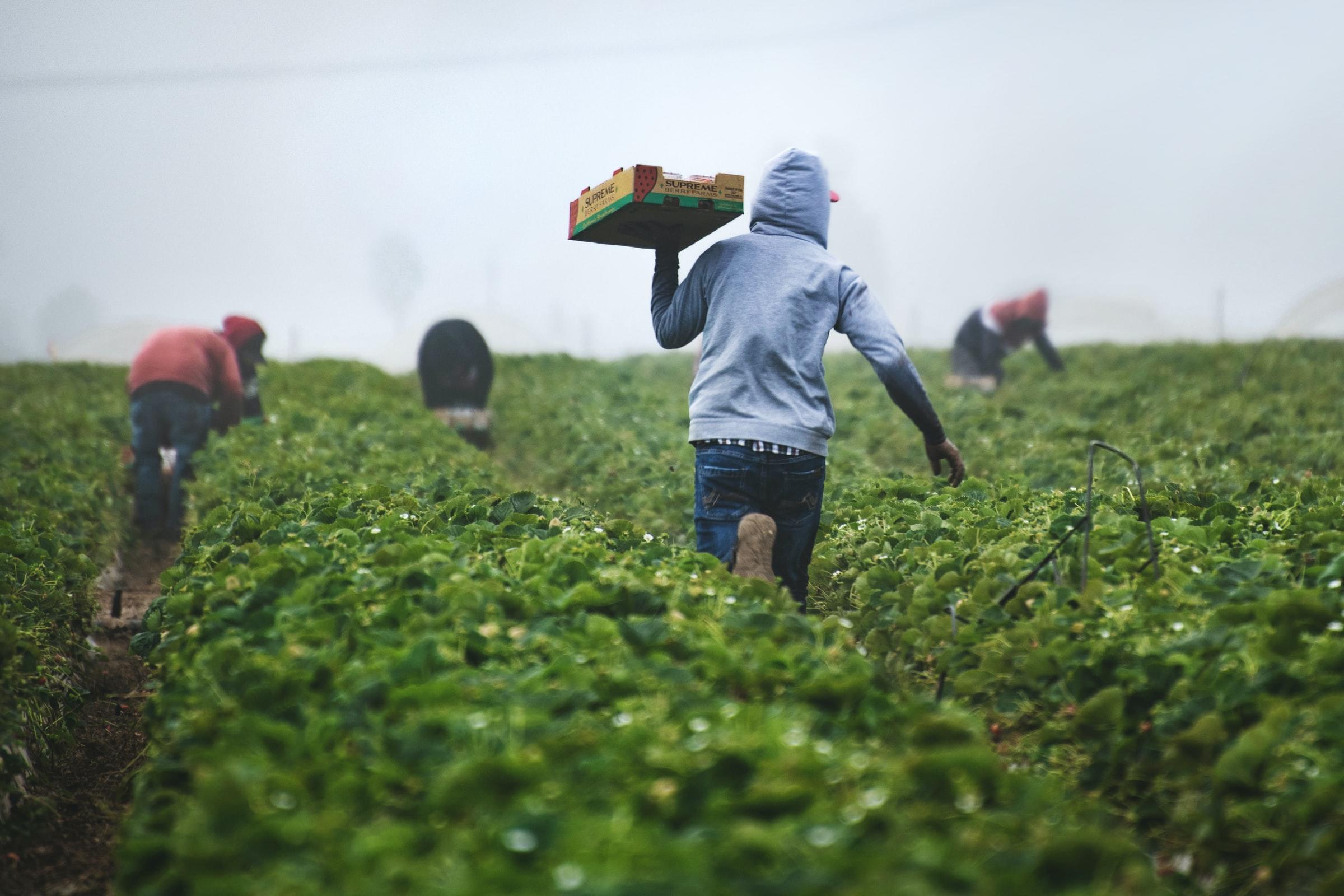"There's one issue that will define the contours of this century more dramatically than any other, and that is the urgent threat of a changing climate." -Barack Obama
Do you love our farmers? Do you appreciate the backbreaking work and long hours that they complete so that we can get food on our tables? If so, you’re not alone.
Farmers are some of the most appreciated workers in the UK and across the world. Though at times they don’t get the recognition they deserve, farmers are the unsung heroes of daily life.
Governments need to continue to support farmers so that they can provide us with fresh fruits and vegetables that are wholesome and fairly priced.
Though farmers have a variety of obstacles to overcome at times to make sure that their crops are well taken care of, an additional threat to farming that was been increasing in concern recently is that of global warming.
Without further delay, in today’s article, we’ll discuss how climate change has been affecting farming in the past few decades and how it will continue to be a problem if global warming isn’t stopped.

Does Global Warming Affect Agriculture?

Yes. The short answer is that climate change and global warming are negatively affecting agriculture and farming.
Scientists and environmentalists have discovered that plant production isn’t what it used to be and that there have been changes in the way vegetables and fruits are growing earth wide.
There have been increased challenges for farmers to fight natural disasters and ensure that plant production remains stable.
Because the cost of fresh food items is the result of supply and demand, it’s not surprising that when climate change strikes and causes serious problems in nature, the price of production goes up.
The following is a list of popular food items that are already being affected by climate change:
- Wheat,
- Cranberries,
- Sardines,
- Almonds,
- Chickpeas,
- Almonds,
- Wine,
- Scallops,
- Peaches,
- Corn,
- Coffee,
- Rice.
Some of the foods that are farmed in the list above such as wheat and rice are staples in the cuisine of many different countries. Therefore, farmers and governments need to think fast for solutions before it’s impossible to grow essential food items due to climate change.
But, you may be wondering, how do agriculture and farming depend on climate? Read the following subheading to learn more!
How Do Agriculture and Farming Depend on the Climate?
For those of us who don’t possess a green thumb and who have no idea about the process of growing plants and crops, we may question ourselves and ponder how agriculture depends on the climate.
Nonetheless, it’s worth mentioning that successful farming is the product of a stable and healthy climate; which is now made difficult because of global warming.
Though modern farming has been made more productive and efficient because of the rapid advancements in technology, it’s still necessary to depend on the climate for crops to grow.
The following list mentions how agriculture and farming still rely on the climate of the world around us:
- The planting, maturing, and harvesting of fruits and vegetables all need stable seasonal patterns,
- Livestock depends on the right amount of food, water, heat, and humidity to grow and produce results,
- Having a reliable climate aids farmers to know which pests and diseases will spread, and so how much time and resources should be spent on must spent on herbicides and insecticides,
- Little do many people realize that after the harvest is completed, patterns of temperature and weather affect storage and transportation before the food is on your plate.
Our climate is fragile and the successful growth and harvest of plants is the same; therefore, it doesn’t surprise us that with climate change we’ve been encountering subpar produce and supply issues.
What are Some of the Ways that Climate Change is Affecting Farming Worldwide?

An important aspect of the economy and quality of life in virtually all countries, agriculture and farming is essential part of our being.
The truth is simple: without farmers growing and harvesting crops, we wouldn’t get the food we need to be healthy humans.
Therefore, since farming and its practices need to be protected at all costs, we’ll take a look at the negative impacts of climate change on agriculture.
Droughts
Since rain patterns and water supplies have been affected worldwide by the augmentation of global warming, farmers have had to deal with intense droughts that are causing their plants to wither out and die.
Water is life and without water, plants cannot grow.
Where there is no water, the soil is dried up and plants cannot thrive. Also, irrigation systems may not be successful without enough water flowing.
Extreme Temperatures
Another side effect of global warming that scientists have observed are extreme temperatures in one place after another. At the start of every year, we see reports that the previous year saw the highest temperatures of all time.
While plants do need heat and humidity to thrive, drastic heatwaves are impacting livestock and crops terribly. For example, heat may cause livestock to develop infection and disease or cause cows and pigs to simply die when it’s too hot.
Also, when it’s too hot during the day, nighttime temperatures rise and prevent precipitation and this can lead to premature budding causing crops to be ruined and not useable.
Natural Disasters
One of the main reasons people are starting to admit that climate change is a problem is due to the drastic disasters such as tornadoes, floods, hurricanes, hail storms, and snowstorms that are occurring more intensely than before.
Natural disasters boast detrimental effects on crops, livestock, and fisheries. How’s that? For instance, a hail storm can completely wreck orange or apple orchards. Also, hurricanes can wipe out offshore fisheries and destroy ports causing delays in fish production.
It’s sad to say but many farmers have been impacted by natural disasters in recent years.
Augmentation of Pests
As global warming continues and the earth’s temperature rises, so do the threat of fungi, pests and weeds at farms. Plant devouring pests thrive in hotter weather and not before long, farmers can lose their entire crop if pesticides have not been used.
Rising of Carbon Dioxide
Though higher CO2 levels can positively affect crops in certain situations, currently, the amount of carbon dioxide in the earth’s atmosphere is too much for producing and growing healthy crops. For example, if the temperature exceeds a crop's optimal level and if there aren’t sufficient water and nutrients available, CO2 levels rise and this has been associated with reduced protein and nitrogen content in certain crops resulting in a loss of quality.
It’s important to state that all of the previously mentioned negative impacts of global warming are affecting not only crops but also livestock and fisheries worldwide.
But, is there a cure? Take a look at the following subheading to see how farmers are adapting to the ever-changing circumstances.
How are Farmers Adapting to Climate Change?

One of the greatest things about people and plants is how resilient and adaptable they are. The power to adjust to changing circumstances is something remarkable that humans of all races and working in all sectors can do. Therefore, since climate change isn’t anything new, farmers and agricultures have had to adapt their methods to guarantee food production continues without let up.
The following list shows a few ways that farmers and experts in agriculture are adapting to continue growing crops in less favourable conditions brought on by global warming:
- Attempting to work with and create different varieties or species of plants,
- Finding new ways to ensure the water supply at all times and testing state of the art irrigation systems,
- Inputs such as new types of fertilizer, tillage methods, grain drying, and other field operations that will promote stronger crops during any season,
- Brainstorming ideas of how to handle fire risk for crops and implementing new measures for plant safety.
It’s important to state that the list mentioned above was identified and established by The Food and Agriculture Organization of the United Nations to provide farmers around the world with directives that they can work with during these trying times with our planet in peril.
Farmers deserve even more commendation for their flexibility because they have proven to be experts at planning and working with uncertainty.
In conclusion, in today’s article, we’ve highlighted how farming and agriculture is being affected by climate change in the 2020s. Though the situation may at times appear quite bleak, because farmers are resilient and adaptable, there are guaranteed methods to keep produce growing in the unstable world we are living in.
Summarise with AI:















this was great for my school project!